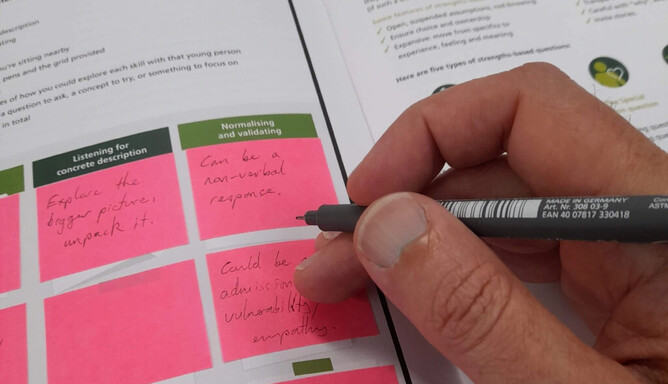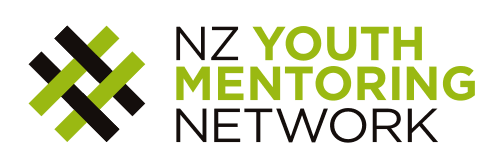Jumping in at the deep end
In the first four months in my role at the Youth Mentoring Network I’ve received a crash-course in life in the youth sector, have polished up my personal mentoring & communication skills, and I’ve met a sublime cast of characters from youth workers and teachers through to inspirational facilitators.
I must admit, I didn’t know what I was getting into with this job. I’ve been a publisher and magazine editor, a company director and a digital designer. I’ve also been a community volunteer: starting, governing, and growing several non-profit organisations. But for all this experience I have not previously worked in the youth sector.
So you might imagine the anxiety I felt about all the things I didn’t know about youth mentoring. In this regard my biggest supporter has been the outgoing GM Joy Eaton, who in the first weeks placed several piles of books and journals on my desk as essential reading and who has provided wonderful guidance and introductions to the people and organisations that make up our network.
I’ve also had regular discussions of some depth with the exceptional Ann Dunphy, our Chair. Her knowledge of the development of mentoring in New Zealand is extraordinary, and – if you know her you will understand this – her immense positivity has made the process feel warm and welcoming.
A passionate, but under-resourced workforce
Across several workshops, and dozens of meetings with mentors, Chief Executives, volunteers, youth workers, facilitators and teachers the one consistent theme is a passion for improving the well-being of young people. There has never been any question, when talking to the people in our network, that the needs of taiohi are paramount.
Just as consistently, there is concern about the unmet need in our communities, and questions about how we might be able to stretch resources further to meet those needs. I guess the two ideas go hand-in-hand. So many of the organisations I’ve met are struggling for the resources they need to carry out their work as fully as their passion demands – yet amazingly, they do it anyway.
Rich in experience, varied in scope
One of the things that has been a very pleasant revelation is just how much experience in mentoring exists here in Aotearoa, from research through to practice. We also have, it would seem, a great variety of mentoring approaches across hundreds of organisations large and small. A big part of that, I think, is our rich multi-cultural heritage and our innate kiwi problem-solving attitude. We see a problem and we look for a way to fix it. That approach has produced a lot of wins – though sometimes it misfires too.
Culturally-focused & local solutions
Te ao Māori plays a critical role in mentoring in New Zealand and, despite some political bumps in the road of late, true Tiriti-based partnership in our work creates the space for broad cultural respect and engagement. I know other countries envy what we have – something which is hard to grasp at times, especially when we are dealing with the worst of our anguish over attempts to redefine that relationship. But our biculturalism also means we don’t have a ‘one-size-fits-all’ approach to mentoring, and seems to encourage the development of programmes that are deeply localised and community based.
I think this richness is something to be celebrated.
What do I do with this?
I believe strongly in the power of quality relationships to effect change – words that I could easily have heard in one of our workshops! A network – like ours – is a set of relationships, where we come together voluntarily to foster greater understanding, create opportunities, and explore the meaning of what we do.
In the new initiatives that I’ve introduced in the past few months it is this feature that I would like to emphasise. Our network is not just myself and the team here at NZYMN, but a community of like-minded people with a passion for the well-being of our taiohi. In other words – it’s your network too.

